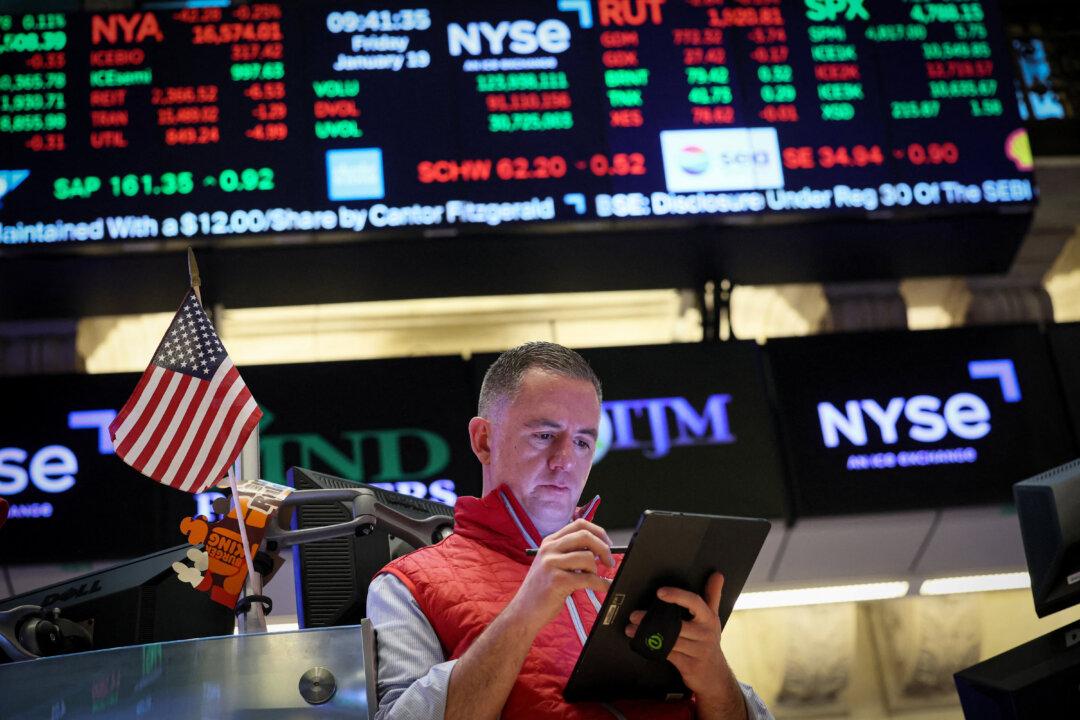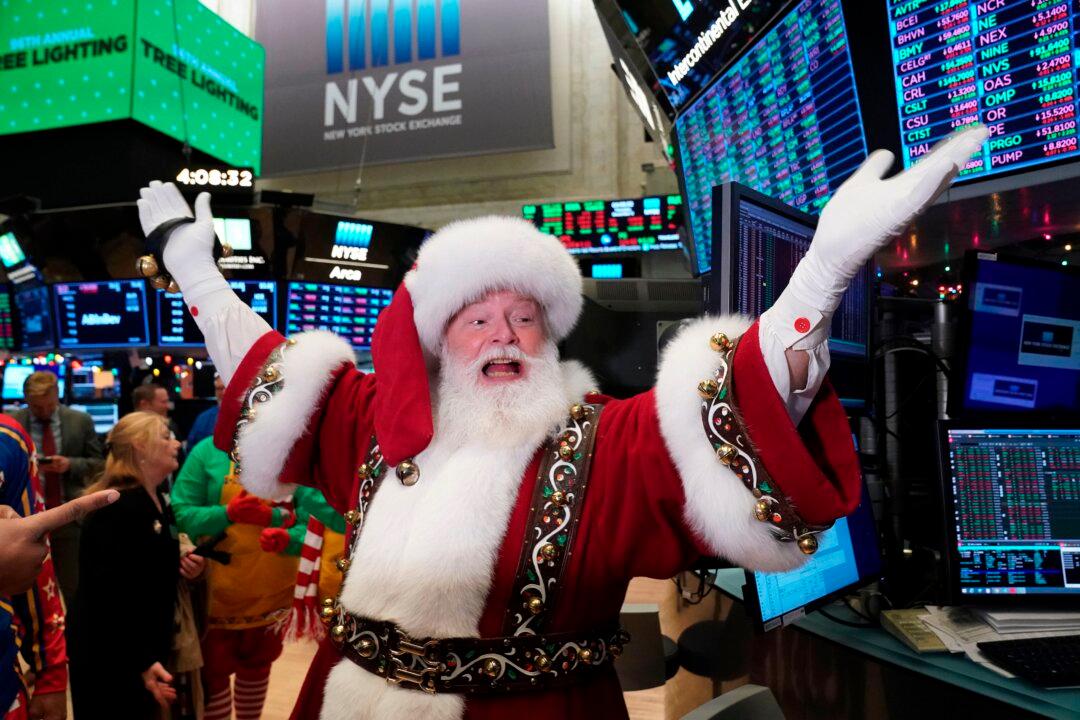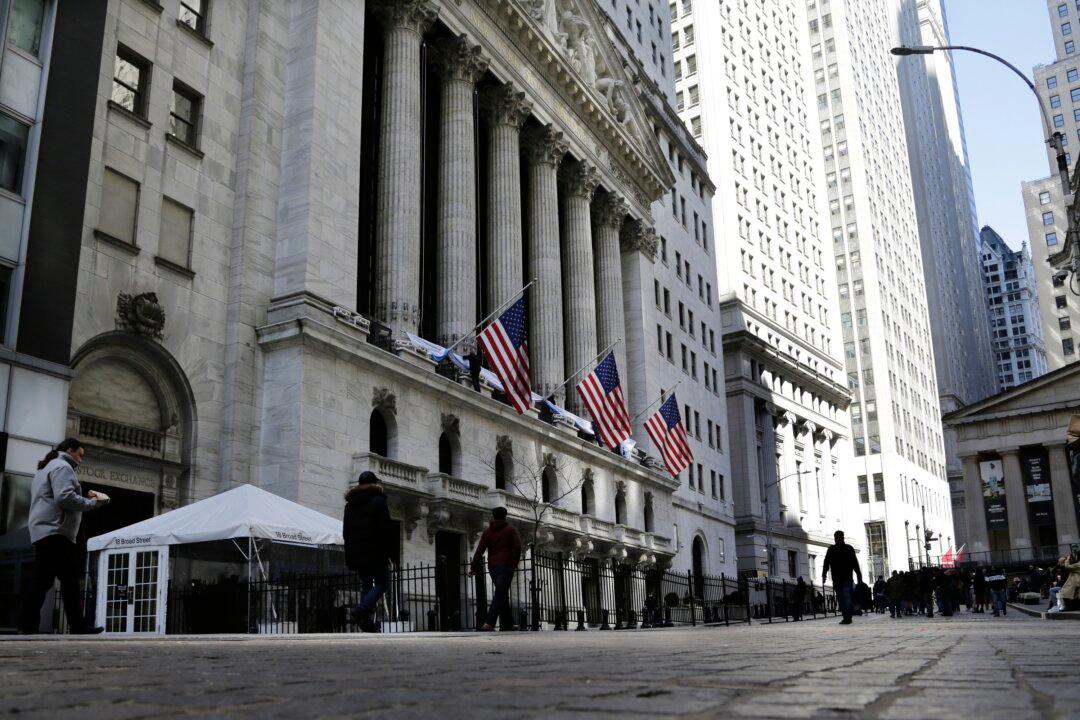Commentary
The wobbly start to January was the long overdue correction that we did not see in November or December, when pullbacks were one-day wonders. What we saw in January is more “normal,” whatever that nebulous term means in the stock market. Not every index set a record last week, but the majors did, like the Nasdaq 100, the S&P 500, and the Dow Jones Industrials. The fly in the ointment was the Russell 2000, which is quite a long way from an all-time high—or could this be an opportunity? Small caps have a lot of catching up to do, and the only way they would do so is if we avoid a recession in 2024, which is very possible, and interest rates decline, which is also a clear likelihood, with falling inflation numbers.




